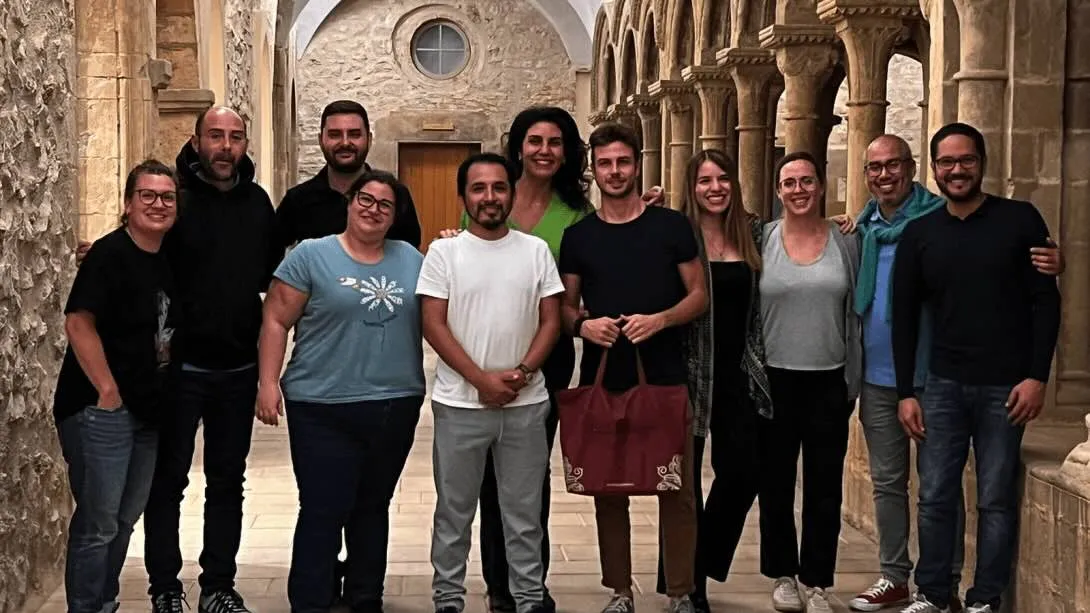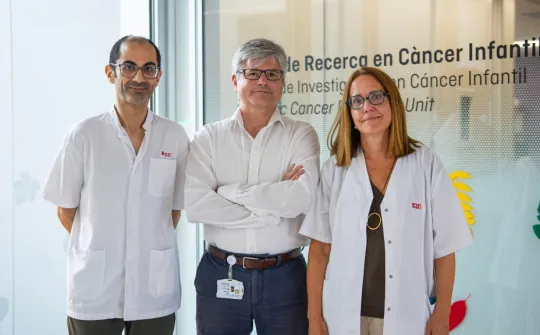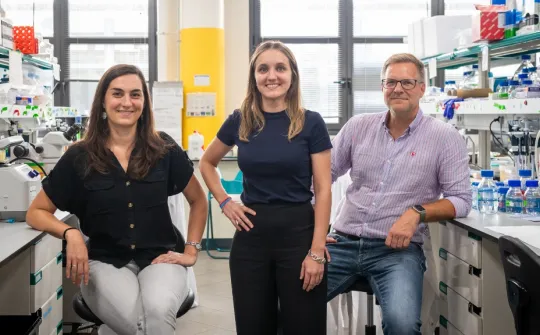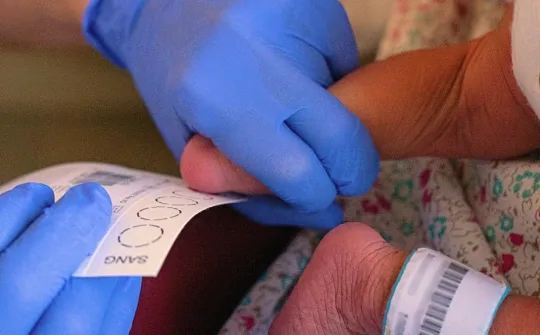A study of 150 members of the same family to determine the causes of a genetic disease that leads to sudden death

The Arrhythmia Unit at SJD Barcelona Children's Hospital has carried out clinical tests and a genetic study on the whole family and has diagnosed five more cases of long QT syndrome.
A team from the Arrhythmia Unit at SJD Barcelona Children's Hospital is conducting research to determine which gene or genes trigger long QT syndrome, a heart condition that causes the heart to beat fast and out of rhythm. People who have it may live for years without any symptoms or may have seizures and fainting spells throughout their lives, and even die suddenly.
To conduct the research, the entire team of the hospital's Arrhythmia Unit travelled to the town of Os Balaguer to run a series of tests on 150 members of the same family who live in the area and who have a history of sudden death. Over the last 20 years, this family from Lleida has lost 12 of its members to this disorder. The most recent one was a 13-year-old girl who died in a swimming pool during an after-school activity. It happened ten years ago.
The case came to the attention of the Arrhythmia Unit at SJD Barcelona Children's Hospital when the girl's family brought her sister in to have her examined. "At that time," explains Georgia Sarquella, cardiologist and head of the Arrhythmia Unit, "we ran some clinical tests on the family that allowed us to diagnose the disease in 11 adults and children. However, at that time it was not possible to demonstrate the genetic cause of the disease so it was impossible to know for sure which people in the family could be at risk. With the advancement of genetic diagnostic techniques, we decided to re-screen all the family members again".
Five cases of long QT diagnosed
To save all 150 family members from having to travel to Barcelona, the unit's professionals set up a clinic in the Santa Maria de les Avellanes monastery in Os de Balaguer (Lleida), the village where most of the family lives. Over the course of a weekend, they performed electrocardiograms and ultrasounds on all family members and drew blood or saliva samples to obtain DNA for the genetic study.
Before this, eleven members of the family had already been diagnosed with long QT syndrome. In Os de Balaguer, another five were diagnosed. Two of them are children. The cardiologists have prescribed treatment and will implant a subcutaneous holter to monitor them remotely at all times. In addition, one of the patients diagnosed during the study was transferred to a hospital where he was admitted for a heart attack.
The unit is now awaiting the results of the genetic studies. They hope to be able to determine the genetic cause of the long QT syndrome affecting this family.
500 patients with arrhythmias remotely monitored
The Arrhythmia Unit at SJD Barcelona Children's Hospital is the only reference centre in Spain designated by the Ministry of Health for the treatment of paediatric arrhythmias. It treats 3,500 patients every year. It also performs cardiac monitoring on nearly 500 patients from all over the world, thanks to remote monitoring technology.



